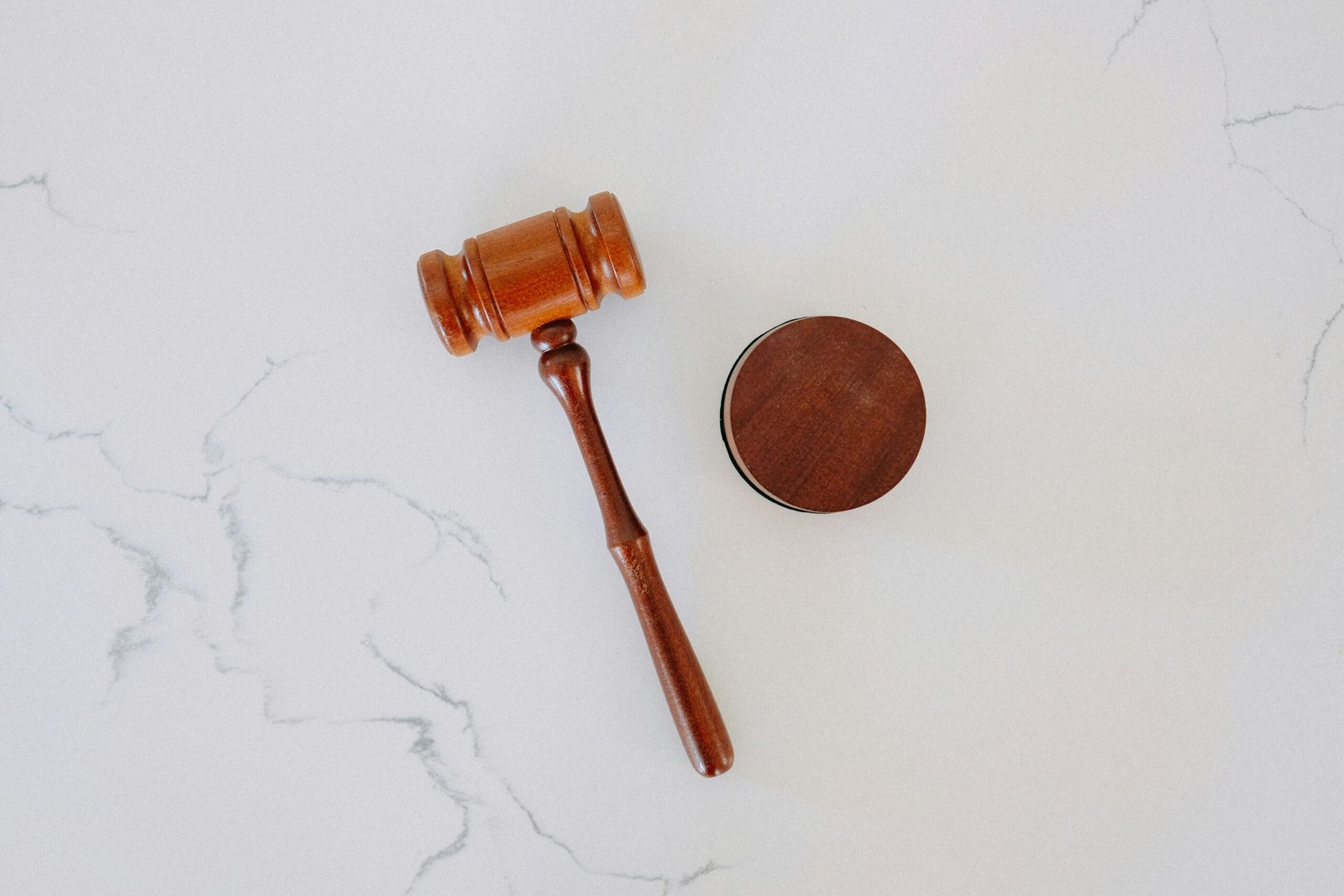Understanding Personal Injury Law
Personal injury law is a complex area of legal practice that addresses cases where an individual has suffered harm due to the negligence or wrongful actions of another party. It is primarily governed by tort law, which aims to provide a remedy to individuals who have been injured, either physically or emotionally. One of the essential components of personal injury cases is the concept of negligence, which occurs when an individual fails to exercise reasonable care and, as a result, causes harm to another person.
There are various types of claims that can fall under the umbrella of personal injury law. Among the most common are car accidents, where an individual may seek compensation for injuries sustained due to another driver’s reckless behavior. Similarly, slip and fall cases arise when a property owner neglects their duty to maintain a safe environment, resulting in an injury to a visitor. Medical malpractice is another significant area within personal injury law, involving claims against healthcare professionals who breach their duty of care, leading to harm to patients.
To establish a successful personal injury claim, several key elements must be proven. Firstly, it must be demonstrated that the defendant had a duty of care towards the injured party. Following this, it must be shown that this duty was breached through negligent or wrongful conduct. The next step involves proving that the breach directly resulted in damages, which can include medical expenses, lost wages, pain and suffering, and other compensatory factors. Lastly, the injured party must provide evidence to support the quantification of damages suffered. Understanding these components is crucial for anyone considering a personal injury claim, as it highlights the importance of legal expertise and representation in navigating the complexities of such cases.
Why You Need a Scranton Personal Injury Lawyer
Hiring a personal injury lawyer in Scranton can significantly influence the outcome of your case. Local lawyers possess a deep understanding of the legal landscape, including the nuances of the Scranton judicial system. This familiarity is critical, as it enables them to navigate potential challenges that may arise, ensuring that your rights are effectively represented throughout the legal process.
One of the primary roles of a Scranton personal injury lawyer is negotiating with insurance companies. Often, claimants may not be aware of the extent of their rights or the compensation they are entitled to. Insurance companies frequently deploy tactics that aim to undervalue or deny legitimate claims. A seasoned personal injury attorney knows these strategies and is well-equipped to advocate for a fair settlement, using their local expertise to maximize your compensation. They can identify and document damages accurately, guiding you in making informed decisions regarding your case.
Gathering evidence is another crucial aspect of a personal injury claim. A lawyer in Scranton will have access to local resources and contacts that can assist in collecting relevant evidence, such as police reports, medical records, and witness statements. This evidentiary support can be vital in proving your case against the responsible party. Local attorneys are also familiar with state laws and regulations that may impact your case, ensuring that all procedural requirements are met and that your claim is filed correctly within the statutes of limitations.
Moreover, many individuals have benefitted from hiring local attorneys, with numerous testimonials highlighting the successful resolutions achieved through their guidance. Case studies demonstrate how a thorough understanding of local laws and relationships within the Scranton legal community can lead to better results for clients. By choosing to work with a Scranton personal injury lawyer, you are equipping yourself with the support and knowledge essential for navigating the complexities of your case.
Steps to Take After an Injury
When you sustain a personal injury, immediate actions can significantly influence the outcome of your case. The first step is to ensure your safety and health by seeking medical attention right away, regardless of the severity of your injuries. Even minor injuries can exacerbate if not treated, and medical documentation will serve as vital evidence in your injury claim.
Once you have received medical care, it is essential to document the incident thoroughly. Write down all the details surrounding the injury, including time, location, and any witnesses present. Take photographs of the accident scene and your injuries as they can provide compelling evidence later on. This documentation will be essential for your personal injury lawyer to build a solid case on your behalf.
Collecting evidence should also extend to gathering information regarding any involved parties, such as vehicle insurance details, contact numbers, and addresses. If the accident involved other individuals or organizations, obtain their statements or contact information. This information can prove crucial when dealing with insurance claims and establishing liability.
Communicating effectively with insurance companies is another critical step. When discussing your case with insurers, be concise and factual. Avoid admitting fault or minimizing your injuries, as these could jeopardize your claim. Instead, focus on providing information that corroborates your account of the event.
Finally, consulting with a personal injury lawyer promptly can significantly impact your case. A legal expert in personal injury law can navigate the complexities of your situation, ensuring you know your rights and options. Engaging a lawyer early on can also streamline the process of negotiating with insurance companies and ensure that all evidence is collected appropriately. By following these steps, you can more confidently navigate the aftermath of an accident.
Choosing the Right Personal Injury Lawyer in Scranton
When it comes to navigating your personal injury case, selecting the appropriate lawyer in Scranton is a critical step that can significantly influence the outcome of your claim. A few essential factors should be considered to ensure you make an informed choice.
First and foremost, examine the lawyer’s experience in handling personal injury cases. It is beneficial to choose a lawyer who has a track record of success in your specific type of injury case. Specialized knowledge of different injury statutes or industry practices can provide a vital edge in navigating complex legal landscapes. Additionally, take note of their years of practice; a lawyer with considerable experience may better understand the nuances of negotiation and courtroom procedures.
Client reviews and testimonials also serve as invaluable resources. Researching feedback from previous clients can offer insights into a lawyer’s professionalism, communication skills, and case outcomes. A lawyer who has consistently positive reviews demonstrates a commitment to client satisfaction and might be more reliable when advocating for your rights.
Communication style is another crucial element to consider. A competent lawyer should be readily available to answer your questions and explain the legal processes involved in your case. During an initial consultation, pay attention to how well the lawyer listens to your concerns and addresses them. Feel free to inquire about their preferred mode of communication and the frequency with which they will provide updates on your case.
Lastly, take advantage of initial consultations to ask relevant questions, such as their experience with cases similar to yours, their strategy for handling your case, and how they typically charge for their services. This meeting serves as an opportunity to evaluate whether you feel comfortable and confident in their ability to represent you adequately. Taking these steps will empower you to select a personal injury lawyer who aligns with your needs and increases your chances of a favorable outcome.



